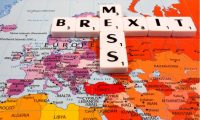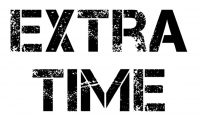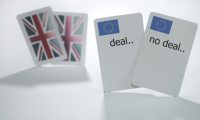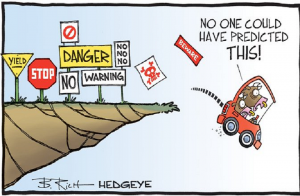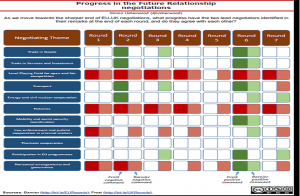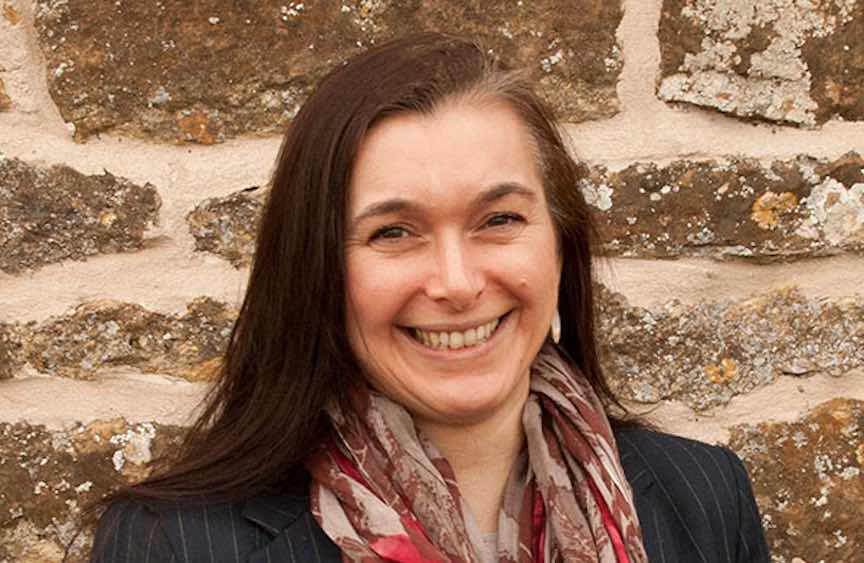
Wendy Clarkson, managing director of West Midlands-based Christmas decoration supplier and installer Fizzco, says Brexit is just another obstacle that her small business has had to work around
What does Fizzco do?
We are very much a minority in the business world in that we do Christmas, that’s it. We’ve got three arms to the business: we have an online retail shop, which has been going since 2001; we have trade sales of Christmas decorations, where we have people who want to spend significantly more on volumes of Christmas decorations, that can be anying from florists to cruise ship companies to high street retailers; and, then we install Christmas decorations in shopping centres around the UK and these are predominantly three-year contracts, so, depending on where you are in the cycle, there is a contract in place and both parties have to get on with it, no matter what the economic climate.
Has Brexit had an impact on any of Fizzco’s operations?
Hand on heart I can say that I don’t think it has. Retail sales and online business to consumer has been more or less in line with what we would have expected this year. We’re just coming to the end of our selling season – we are in the last week or so of online sales – and that’s pretty much on a par with last year.
The trade sales have been significantly up. And, then with the installation project side, Brexit hasn’t impacted us at all because that’s pretty sheltered from whatever is happening, because we have contractual agreements in place.
Do you import many of your products in from the EU?
Yes. Our biggest supplier is EU-based. The lighting systems that we sell to retail, trade and that we install ourselves in shopping centres are predominantly purchased from Europe. And actually that’s given us an opportunity, rather than a threat, as we’ve forged a better relationship with that particular manufacturer. We’ve spent time with them and they’ve spent time with us and we’re now seeking the opportunity to actually distribute and wholesale their products, so we will have it here on UK soil for us to utilise for our own consumption, for us to sell to our trade customers and our retail customers, or indeed to sell to their customers.
We’ve invested quite heavily in a new warehouse because we will be taking a significant amount of their stock. This new relationship probably came about because of Brexit. It meant we were having conversations with this supplier, explaining that we had the warehouse and the shelving space, let’s start stocking your stuff and largely not at a cost to us, more at a cost to them. We’ll store it for them, almost in a bonded-warehouse style.
Do you export any of your stock?
We export a little bit from the online shop, but nothing that we press for.
Has the fluctuation in the pound impacted Fizzco?
Well, I’ve had worse. In the twelve years that I’ve been involved here, I’ve had worse exchange rates than even the ones that we’ve experineced this year. We don’t deal enough at our level to look at too many Forex deals, but we are susceptible to all the exchanges rates; often more so from the dollar than the Euro. We just have to take the hit. If it’s product that we’re buying for our three-year contracts, we always take an incredibly prudent view as to what the exchange rate may be when we actually have to hand over our hard-earned pounds, but with the online retail side, we know what it’s cost us to buy and we put our mark up on as we always have done. We have to make the same profit margin. Has that affected sales? No, not this year.
Have you considered how EU tariffs could impact Fizzco?
We’ve looked at our sales prices for next year and tried to see whether we can attract the same margin if the tariff numbers are anywhere between 5% and 30%, which is what is being banded around and obviously that is going to have a much bigger impact than we’ve experienced this year on exchange rates. It’s just whether or not we can swallow that difference, but we have time to plan for that. Because we are such a seasonal business, however this pans out we’ve got time to plan. It’s not the case of us having to get our stock in again as soon as possible in January or February. We’ve got time to see what’s going on in the world before we’ve made too many committments.
The main thing for us is we are a small business. Not only are we seasonal, we’ve always had to be agile. We’ve always had to be ready for anything changing, whether that’s legistlation for employment, local planning or whether that’s now dealing with Brexit. One of the bigger threats to us at the moment is possibly the backlash against using plastics and Christmas decorations not always being perceived as being recycled or recylable. We’ve got other threats that are perhaps equally, if not more worrying to us as a business, than tariffs or Brexit.















